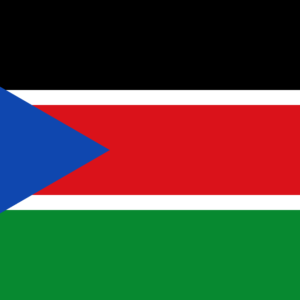The cholera outbreak in Congo is showing significant signs of decline, with no confirmed cases reported between 15 and 16 October 2025. This progress reflects the strengthened response efforts led by the Ministry of Health and Population, supported by partners including the World Health Organization (WHO). Improved treatment and care have been key to reducing deaths and controlling the spread of the disease.
Mossaka-Loukoléla, one of the four districts most affected, accounted for 52% of the 808 cases reported nationally, including 66 confirmed and 742 suspected cases as of 16 October 2025. To enhance patient care, WHO established four cholera treatment centres (CTCs) in the affected districts, including one at the Integrated Health Centre (CSI) in Loukoléla. The centers were equipped with essential supplies, and 88 frontline workers were trained in case management, infection prevention, and control. Over 14 tons of medical supplies, including medicines, water treatment products, and lab kits, were also delivered to support the response.
Mobile laboratory teams have been deployed to ensure accurate detection and analysis of cholera and other diarrheal infections. Lab technicians emphasize the importance of testing for antigens and co-infections, especially around the Congo River where diarrheal diseases are common. Enhanced equipment and trained personnel have significantly improved patient care, contributing to a decrease in hospital deaths. Of the 67 deaths recorded during the outbreak, 56 occurred in the community and 11 in health facilities.
Community engagement has been a critical component of the response. A total of 173 community health workers have been trained to raise awareness about early care-seeking and preventive measures. They provide guidance on water treatment and hygiene practices, distribute chlorine tablets, and educate communities on preventing cholera transmission. Health authorities have also trained around 100 professionals in water treatment and quality monitoring to improve access to safe drinking water and hygiene.
Residents like Françoise Komboli have benefited directly from these interventions. After her two-year-old daughter fell severely ill from cholera, timely hospital care and community awareness efforts ensured her recovery. Stories like hers highlight the life-saving impact of strengthened health services and community engagement.
WHO and local health authorities remain committed to ending the cholera outbreak in Congo while continuing to strengthen the country’s health system. Every recovered patient brings the nation closer to controlling the epidemic and building more resilient public health infrastructure.






